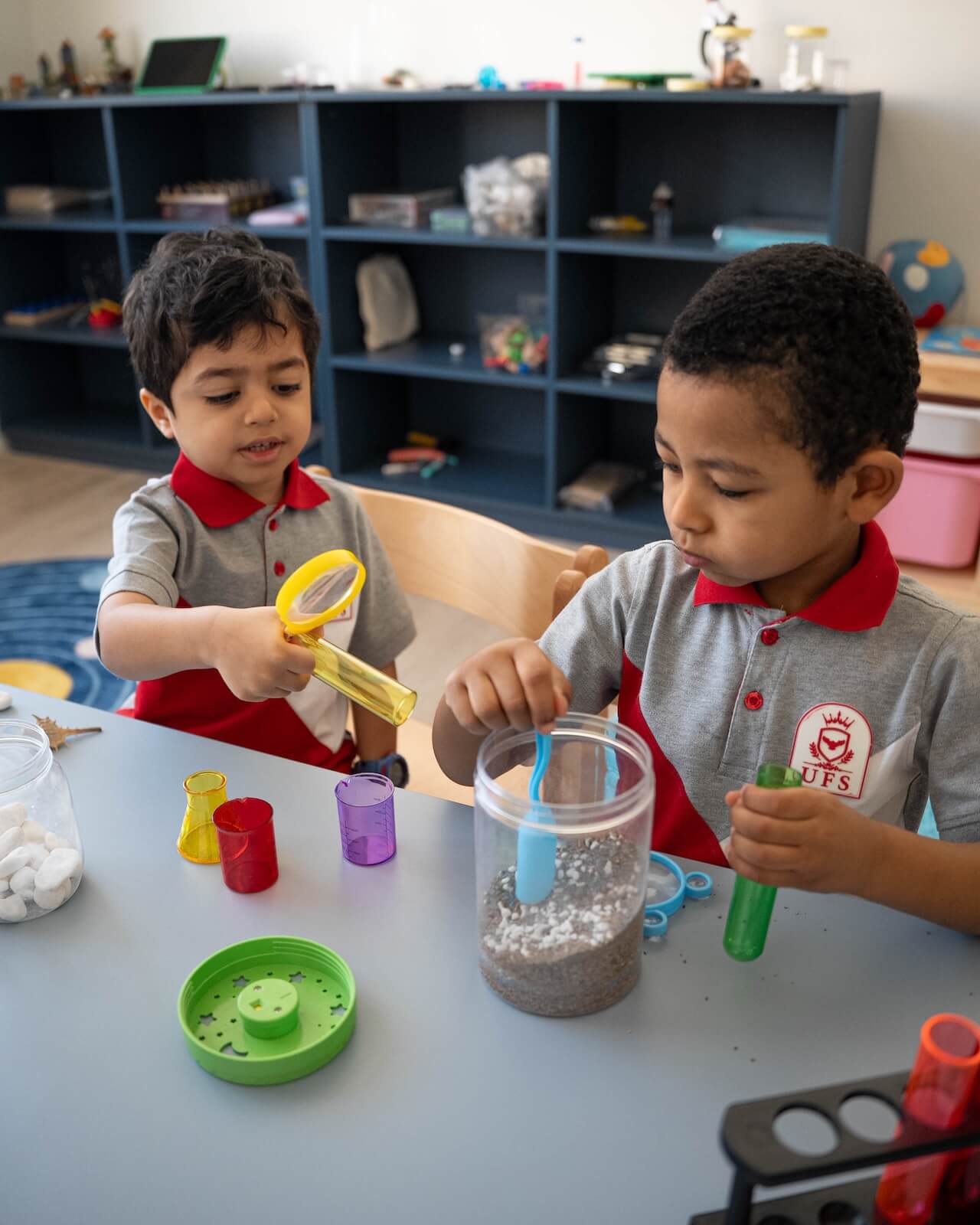Finnish Early Childhood Education and Care (ECEC) is renowned worldwide for its holistic, child-centred approach, seamlessly combining play-based learning with academic development. Rooted in the belief that play is a child’s most natural and effective way of learning, this distinctive model incorporates various forms of play to create enriching, joyful experiences. Whether guided or self-directed, play forms the cornerstone of Finnish education, empowering children to explore, discover, and grow in meaningful ways.
The Finnish ECEC curriculum is designed to support the development of the whole child. It extends beyond academic achievement to foster mental, physical, social, and emotional growth. Emphasising collaboration and group-based activities, it helps children build essential socio-emotional skills and prepares them for future challenges. A comprehensive assessment system supports this approach, valuing every aspect of a child’s development from cognitive abilities to emotional well-being ensuring each child is equipped to thrive in life.
With its innovative blend of care, play, and education, Finnish ECEC provides a truly unique foundation for learning – one that nurtures curiosity, creativity, and the joy of discovery.



